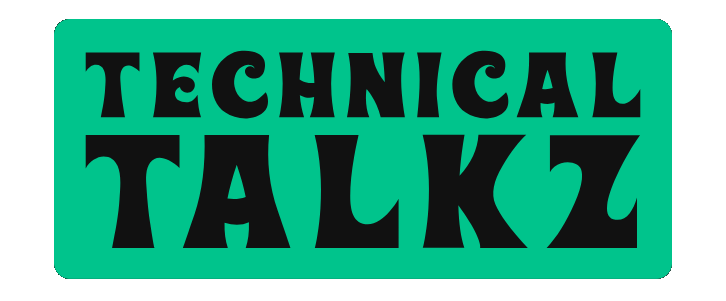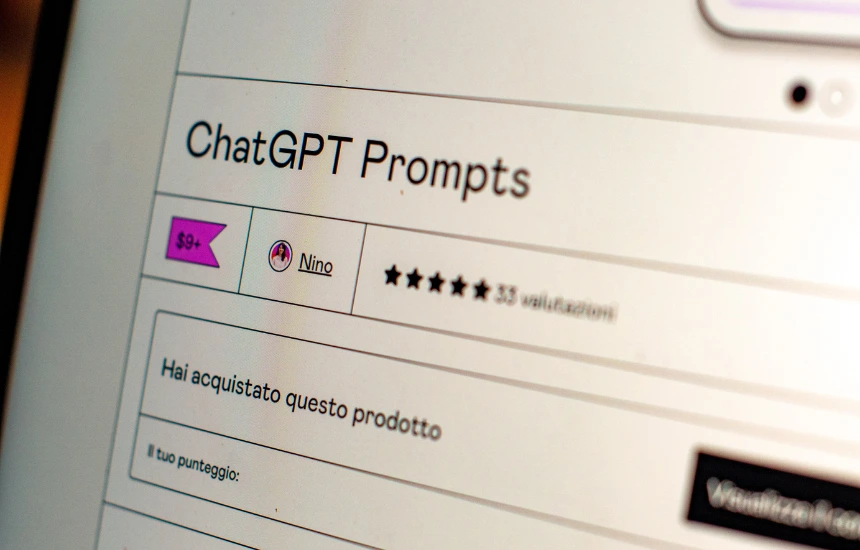Top 5 ChatGPT Prompts for Bloggers in 2025 in content world for bloggers to generate ideas, write articles, and optimize content for SEO. That’s where AI writing assistants like ChatGPT come into play. With the right prompts, ChatGPT can be a blogger’s best friend—helping you brainstorm, write, edit, and even repurpose content in minutes.
But not all prompts are created equal.
To help you get the most out of ChatGPT, we’ve compiled the top 5 ChatGPT prompts for bloggers in 2025. Whether you’re running a niche blog, managing multiple content calendars, or simply struggling with writer’s block—these prompts will give your productivity a serious boost.
✅ 1. “Generate 10 Blog Post Ideas for a [niche/topic] Blog”
This prompt is gold when you’re stuck in idea limbo. ChatGPT can help you come up with fresh, SEO-relevant content ideas in your niche—be it fitness, tech, finance, travel, or parenting.
Example Prompt:
Generate 10 blog post ideas for a personal finance blog targeting college students.
Why It Works:
You instantly get content ideas based on trends, seasonality, and search interest. You can even add parameters like “low competition keywords” or “trending in 2025” to fine-tune your results.
✅ 2. “Write a 600-word SEO-friendly blog on [topic] with a catchy title”
If you want to go from idea to publish-ready content fast, this prompt does it all. It gives you structure, length, SEO-friendliness, and even a polished tone.
Example Prompt:
Write a 600-word SEO-optimized blog on “Benefits of Remote Work for Freelancers” with a catchy title.
Why It Works:
It saves time, provides structure (headings, intro, conclusion), and incorporates relevant keywords if you ask for it. Perfect for quick publishing or inspiration.
✅ 3. “Rewrite this paragraph to improve readability and flow”
When editing your drafts, this prompt is incredibly helpful. Whether you’re cleaning up awkward sentences or making content more engaging, ChatGPT can act like your personal editor.
Example Prompt:
Rewrite this paragraph to improve flow and make it more engaging: [paste your paragraph].
Why It Works:
It improves grammar, sentence structure, and tone—especially helpful for non-native writers or bloggers who want a smoother, more natural-sounding voice.
✅ 4. “Create a content outline for a blog post titled [title]”
Struggling with how to organize your blog post? Use this prompt to get a full outline including H1, H2, and even H3 tags. You can even ask it to follow SEO best practices.
Example Prompt:
Create a blog outline for “How to Start a Dropshipping Business in 2025”.
Why It Works:
Having an outline helps you write faster and keeps your content structured. You can then expand each section manually or have ChatGPT write it for you.
✅ 5. “Suggest 5 SEO meta descriptions and slugs for this blog post: [title/topic]”
This one is a must for bloggers trying to rank on Google. ChatGPT can suggest multiple SEO meta descriptions, slugs, and even focus keywords based on your topic.
Example Prompt:
Suggest 5 SEO meta descriptions and slugs for a blog on “Best AI Tools for Designers in 2025”.
Why It Works:
It gives you optimized metadata that boosts click-through rates and helps with on-page SEO. Quick, easy, and effective.
🔥 Bonus Prompt: “Turn this blog post into an Instagram caption and a Twitter thread”
Repurpose your content effortlessly by using this extra prompt. Great for social media promotion and content marketing.
Final Thoughts
ChatGPT is more than just an AI chatbot—it’s a full-blown content creation assistant. With the right prompts, you can brainstorm ideas, generate full blog posts, rewrite content, structure your articles, and even optimize for SEO—all within minutes.
These top 5 ChatGPT prompts for bloggers are tried, tested, and tailored for 2025 content needs. Use them smartly, tweak as needed, and watch your blogging workflow get supercharged!
Ready-to-Use Recap of Top 5 Prompts:
- Generate blog post ideas in your niche
- Write a full SEO blog with a catchy title
- Rewrite for readability and engagement
- Create a detailed outline for blog posts
- Suggest SEO metadata like slugs and meta descriptions



